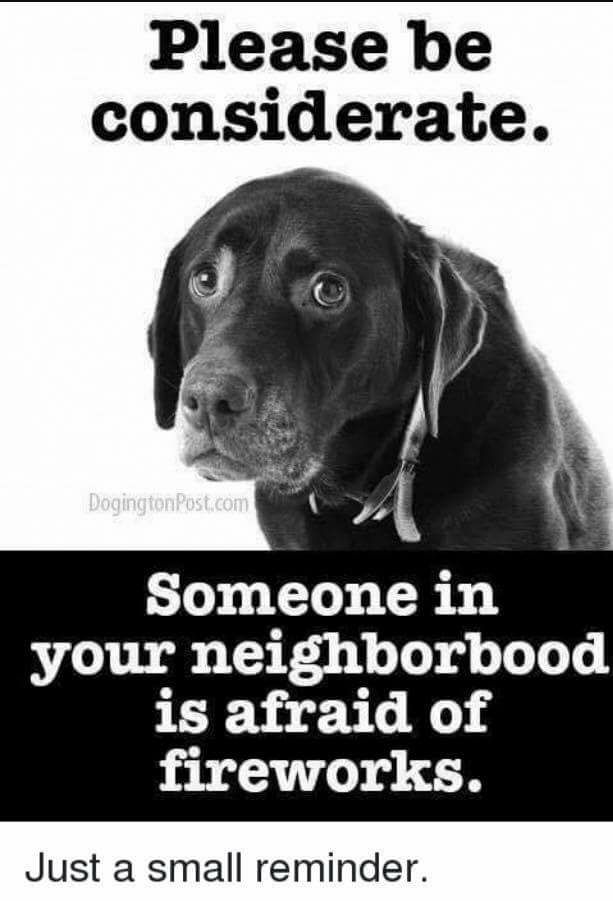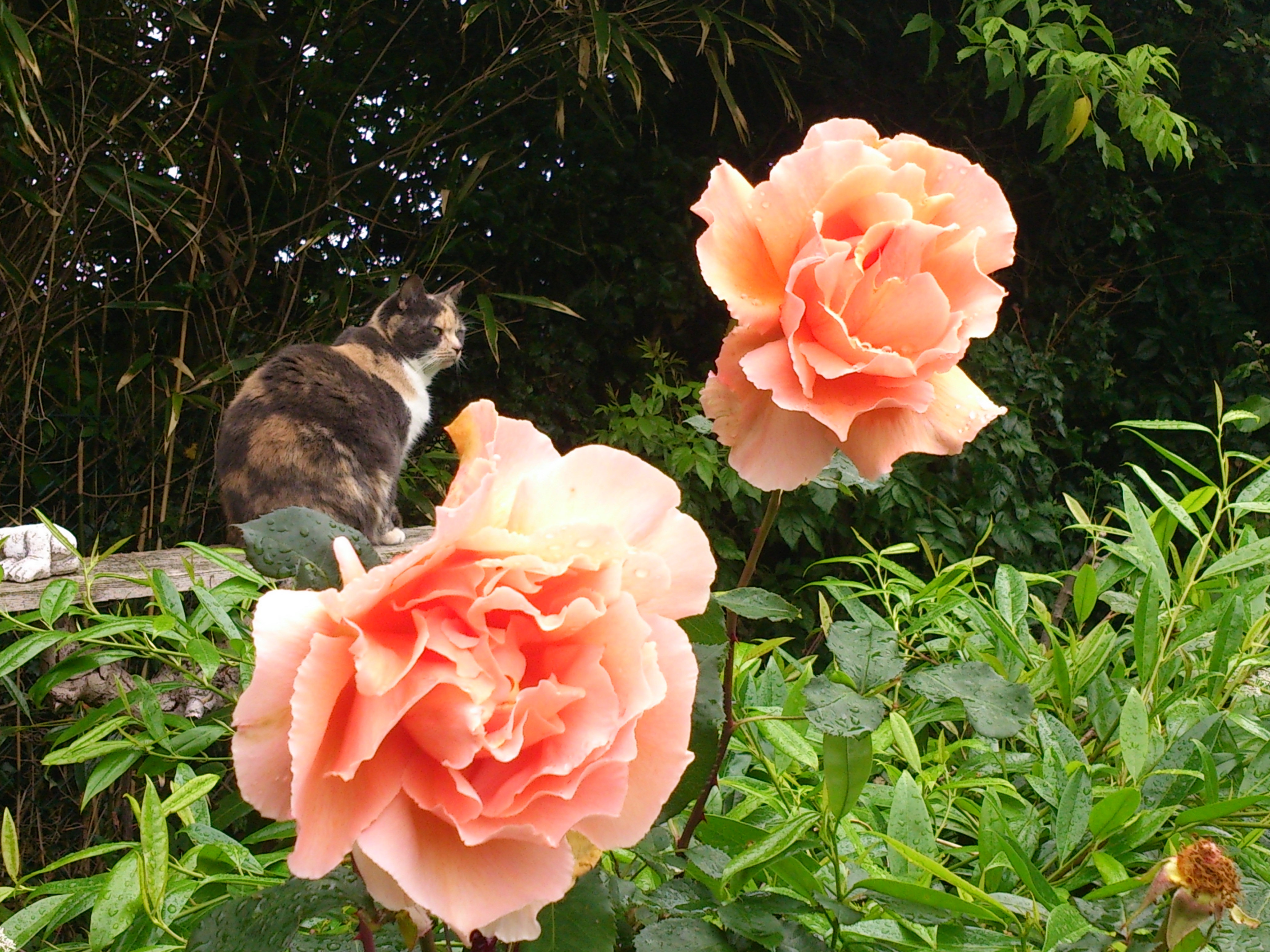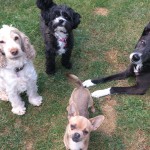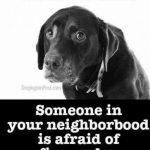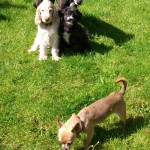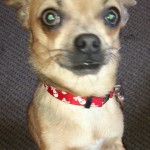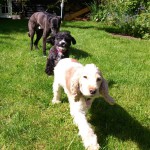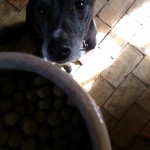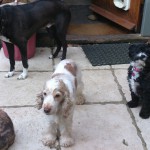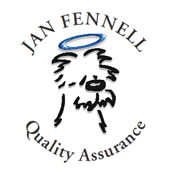Dogs and Fireworks!!! – Dog Trainer Norfolk
I used to enjoy fireworks but as I’ve come to understand how much distress – terror – they can cause for so many dogs and other animals, my perspective has changed. A big part of the problem is that fireworks are no longer limited to one or two nights of the year. All over the country they can be heard for weeks on end, causing real suffering to dogs and their owners, many of whom are resorting to medication to get their pets through this difficult time!
There are things that you can do right now to help your dog through fireworks. But it’s not just about what you do during fireworks night, or should I say month! It’s actually more about ‘what you do and how you do it’ for the other 11 months of the year. If you’d like to help your dog to stop feeling terrified, to relax and begin to feel safe during the fireworks season, it really does help if you’ve been consistently communicating to him that you’re in charge, in control and that ‘all is well’ in your day to day lives together.
Is your dog in control of you, visitors and other important areas of his life? Does he let you know when key things should be happening? Does he seek to get your attention on his terms? Good or bad! Perhaps your dog barks at you to get you to do things – feed me, play with me, let me out – let me in, take me for a walk, stroke me. Does he decide what and when he’ll eat? Dogs who control food in any way, shape or form control an important resource. Does he initiate and control play and/or let you know when the walk should be happening?
Maybe your dog becomes very heightened (we tend to call it excited) and difficult to manage from the moment that you pick up the lead? Many resist having their harnesses put on and will mouth and grab at the lead – a direct bid for control. Who goes first as you head out into the wider – more challenging – world? Who’s up front, meeting that world first and deciding what to do in regard to other dogs and people? Who makes the decisions that keep the pack safe out there? Many dogs absolutely believe that it’s their role to patrol and scent mark the territory and to checkout and assess EVERYONE that they meet out there.
Can you call him back once he’s set off to do so?
To top it all off, most dogs are doing all of this whilst ALSO trying to keep an eye on you too!!!
As you can see, it’s very easy for your dog to come to the conclusion that he’s in charge, in control and therefore responsible for making the decisions! It’s no wonder then, that they become increasingly more stressed, overwhelmed and potentially terrified when there’s a perceived danger that they cannot understand – fireworks – close to them, you and their home.
And CRUCIALLY, if your dog believes that he knows best because he’s in control and making the decisions, particularly out in the wider-world, then it’s unlikely that you will be able guide and shape his behaviour, especially at stressful times. You just don’t have the authority and influence to do so unless you are seen as the leader (parent, provider, protector).
So, how do you take back control in a way that makes sense to your dog? How do you reassure him that all is well, whatever’s going on around him and that he can truly trust you to keep him safe?
By calmly and consistently taking control of ALL of the important areas in your dog’s life you help him to understand that you are in charge, in control and that this is a good thing. You can do a much better job of taking care of things than him. In the process you will sooth and support your dog’s overwhelmed nervous system, bringing his stress levels down and reducing his sensitivity and therefore reactivity to all worrying stimulus.
The key to success is to truly understand the world from your unique dog’s perspective and to take control kindly, calmly and consistently. All importantly, to think in terms of resourcing, soothing and nurturing your dog’s nervous system so that he really relaxes and becomes less sensitive and reactive, in general. Then, when faced with any kind of perceived threat you will be able to guide and influence his response and behaviour from a place of authority and in a positive and respectful manner.
To find out more please have a look at The Dog Listener books, DVDs and CDs by Jan Fennell. I can’t recommend them enough!
You can also call me on – 07951 328163 or private message me here, to discuss how I can help you to help your dog.
And finally, some guidance for now but please remember if you really want things to change you need to address the BIG picture! For most dogs with extreme anxiety the advice below needs to be rooted in the foundations of great leadership.
In general, at fireworks time of year –
Think in terms of ‘less is more’. Keep your dog’s world small, safe and predictable. Keep walks early in the day and on the shorter side and stick to well known, familiar places/routes. This is not the time for big new walks in new terrain.
Avoid nonessential trips out anywhere, including the vets.
Keep your house as quiet as possible. Visitors to a minimum and be home with your dog as much of the time as is possible. Listen to calming music and do anything that helps YOU to really relax as this will help your dog too. Our dogs are unbelievably tuned into us and if they regularly detect stress/anxiety/fear in us, it can trigger the same in them. Emanating ‘all is well’ as often as possible, really is the key to success. There are some really good strategies for self-soothing – breathing techniques, meditation, mindfulness and other useful tools. Whatever lowers your stress levels in a positive way, will help your dog as well. Lead by example!
During fireworks –
Be prepared. Set yourself up in the quietest room in your house, or perhaps in the room that your dog prefers to be in. Close the curtains and settle down with a good book (The Dog Listener ![]() ) or alternative entertainment, but remember the aim is to emanate all is well so perhaps avoid the news, soap operas or Halloween the movie!
) or alternative entertainment, but remember the aim is to emanate all is well so perhaps avoid the news, soap operas or Halloween the movie!
Background music/TV can also, to some extent, help to cover up the noise of the fireworks, although it rarely makes a huge difference.
If your dog wants to be next you at this time, that’s fine, but keep him below you rather than on top of you and don’t fuss and cuddle him as this feeds into the idea that the fireworks are a problem. Without using direct eye contact, quietly reassure your dog in a warm and soothing tone of voice. Say “Gooood dog, that’s a gooood boy/girl, all is well” All those ‘ooooos’ long, warm, low tones activate the parasympathetic branch of your dog’s autonomic nervous system helping him to relax and feel safe.
IMPORTANT: Please do not use direct eye contact with your dog at this time. Reserve it for the times when your dog is feeling calm and relaxed and there’s nothing stressful going on around him/you. In general, direct eye contact – attention – should be given on your terms, not your dogs. Wait until he’s calm and settled and then invite him over.
If your dog has a tendency to get into an excessively heightened state when he’s frightened, you may want to put him on the lead and gently guide him to be with you. Again, without focusing directly on him, take control, sit and sooth verbally, don’t fuss and NO direct eye contact. If bringing the lead out sends your dog into a frenzy, use something else, something that he doesn’t associate with heading out into the wider-world. You can do some work to desensitise the lead at a later date. Be very gentle with the lead. Using force or even tension in the lead will cause the dog to become increasingly more stressed. If your dog is pulling give and take with the lead – pressure/release.
If your dog wants to hide himself away allow him to do so and just sooth verbally, as above, in proximity to him.
Even if your dog is shaking, panting, pacing and looking truly terrified resist the urge to fuss and cuddle him, don’t stare at him and avoid direct eye contact for now. Keep calm yourself, emanate all is well – remember you lead by example. Use a warm, soothing tone of voice to reassure him as you calmly and quietly sit with him and if he’s literally climbing the walls, pop a lead on him and gently guide him to be with you.
For best results implement Jan Fennell’s approach – a way of living with your dog that calmly and consistently communicates that you’re in charge and will take care of everything. Alone, the above guidelines will not be as effective, they are part of a holistic process.They will however, allow you to begin the process of taking control and soothing your dog in relation to the perceived danger of fireworks. If you do decide now that you would like to embrace this approach further, by this time next year you will be in a much better position to guide and influence your dog’s behaviour in this and all the other important areas of his life.
Please feel free to contact me to discuss options on how to proceed.
Lucy Parkes
Jan Fennell Affiliated
Highly Recommended Dog Listener
www.dogsintranslation.com
[email protected]
07951 328163
01603 881626
Please be advised that due to the unpredictable nature of dogs and people it is very difficult to give general advice for significant behavioural issues. Please proceed with caution whenever working with stressed dogs and if you are at all unsure about what you are doing or how your dog may respond, please contact a professional Dog Listener before continuing. I cannot take any responsibility for any undesirable outcomes resulting from mismanagement, or actions taken without the necessary guidance and support. Thank you.

